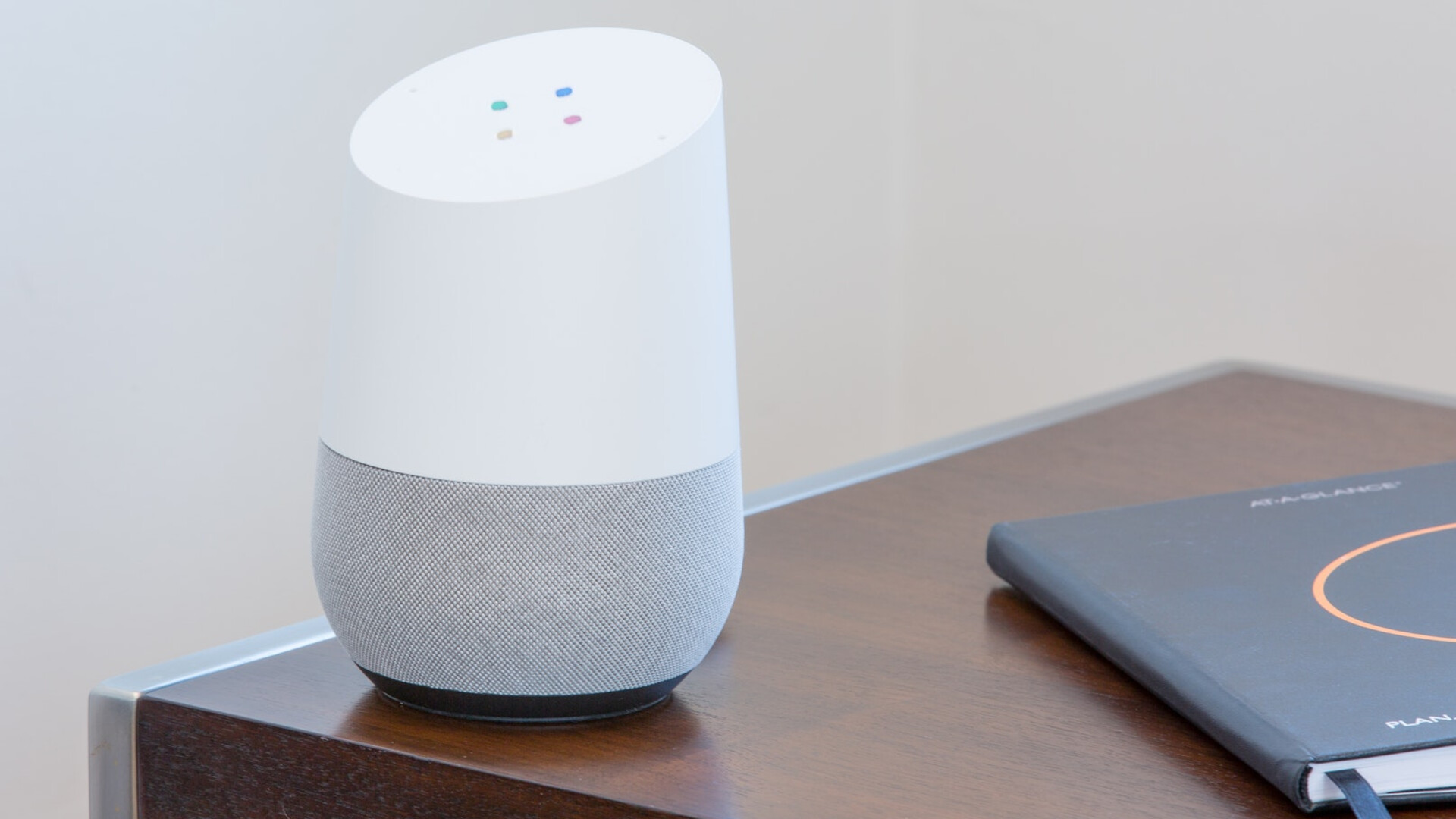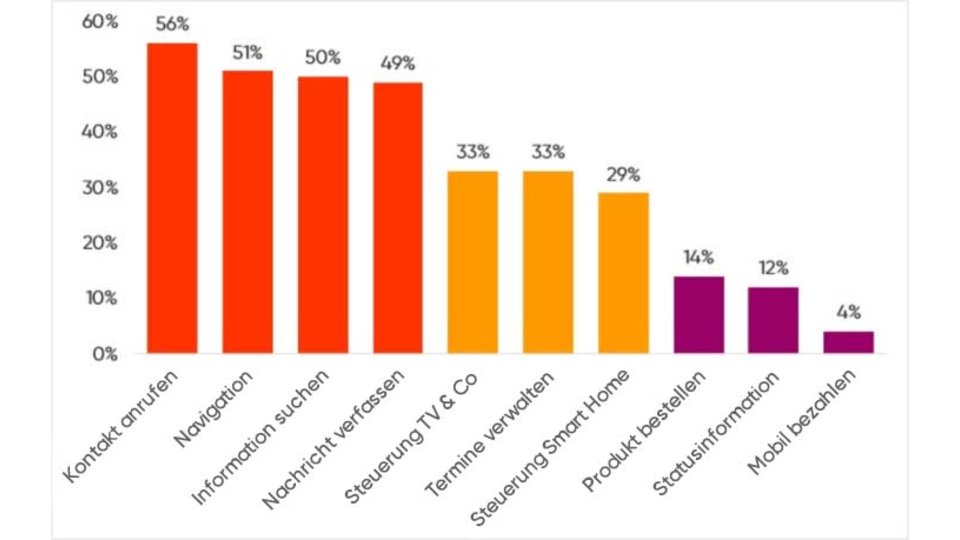Insights
The voice search revolution and its impact on online marketing
If you're not first, you're last! Voice search is coming on in leaps and bounds. Although, in reality, it’s already here. We’ve summarized what you need to know to be ready for the voice search revolution.

Voice search revolutionizes search behavior
"Hey Siri, what's the fastest way to get to Mirabellplatz?"
"Okay Google, where can you get the best beer in Salzburg?"
Many of us have already asked our smartphone or smart speaker these or similar questions – and received a more or less satisfactory answer.
But is voice search just a trend or already a staple in users' search behavior? In the US, 50 % of all search queries are already made via voice search. However, it is not only smartphones that are used for voice search. 30% of all search queries are made completely without a screen, i.e., via devices such as Google Home, Amazon Alexa and the like.
What are specific areas of application for digital voice assistants?
For smart speakers, the top voice commands relate to:
- music control
- asking the time and using the timer
- news
- weather
- knowledge
New technologies always bring on a change in user behavior.
In the specific case of voice search, the following changes in search behavior are occurring:
- Search queries are becoming longer.
- Search queries are becoming more conversational – users ask questions and expect answers.
- Search queries are becoming more colloquial and are often asked in dialect.
- Search queries "near me" & "where is the best restaurant, bar, etc...." are increasing:
- Search queries relate to products and offers in the user's vicinity.
- Voice search is frequently used for spontaneous search queries.
- Users want to be navigated to locations where they can take advantage of products or services (the so-called ROPO effect – research online, purchase offline).
You don't need to be a prophet to know that this fundamental change in digital user behavior will have a massive impact on online marketing. Anyone who does not have a marketing strategy in place that actively integrates voice search will have a really hard time in the future! What’s more, this development affects both organic search and paid search ads.
Where desktop search used to list about ten results (on the first page), there are now only three results in mobile search. Voice search has sharpened competition once more – there is only one answer, namely the most relevant one. The places where a company can present itself or its products/services are thus becoming increasingly limited. That’s why the following principle applies to voice search: "If you're not first, you're last!"
In the future, we can assume that the focus will no longer be on classic Search Engine Optimization (SEO), but on Voice Engine Optimization (VEO).
How can I use voice search to benefit my company?
As we’ve already seen, voice search affects both organic search and increasingly also paid ads. To remain competitive in the future, we recommend the following approach:
Organic search
Generate content that answers questions.
This goes in particular for the content on your website. Think about what questions prospective customers may have about your products and answer them on sub-pages (answering wh-questions).
Provide content in a structured form, as preferred by bots for voice search & featured snippets:
- bullet points
- definitions
- enumerations and lists
- explanations and instructions
Good to know: Recently, the "speakable" markup has become available. It can be used to mark up sections of text that you want voice assistants to read out.
FAQ pages that are well written and easy to understand are particularly well suited as content for voice search. In addition to the content on your website, the Google My Business account plays an important role, as the Google Bot draws up to 50% of its responses from this entry. This makes it all the more important to maintain and service this account. In addition, you can see from the user comments which questions potential customers have about your product or company, or which topics are relevant to them. What’s more, many voice searches take place on the go, so entries in relevant directories (yelp, herold.at, Yellow Pages, etc.) should be available.
Paid search ads
At the moment, Google Ads does not yet offer the option to specifically include or exclude voice search. Moreover, the possibility to evaluate this traffic source via analysis tools such as Google Analytics is currently still missing. Nevertheless, it is possible – via various adaptations and workarounds – to create Google Ads campaigns that specifically target spoken search queries.
Here are a few tips on what to look for in a voice-optimized ad:
- Keywords
- longtail keywords
- questions
- Device
- selection of mobile as device category
- selection of smart speakers as device category
- Ad text
- answering questions with the ad texts
At the moment, it is still difficult to give an accurate prediction on how the online marketing world will change as a result of voice search. However, we can assume that Google will gradually reveal detailed information on how digital marketing (both organic and paid) will adapt to voice search.
At elements, digital experts deal with trends like this every day and work on crafting them into a high-performing and forward-thinking marketing strategy – always in line with the respective customer’s needs.
If you want to be first and not last in search, our elements marketing heroes will support you in all areas of voice search: from voice-optimized search campaigns to organic voice engine optimization.
Please share...

